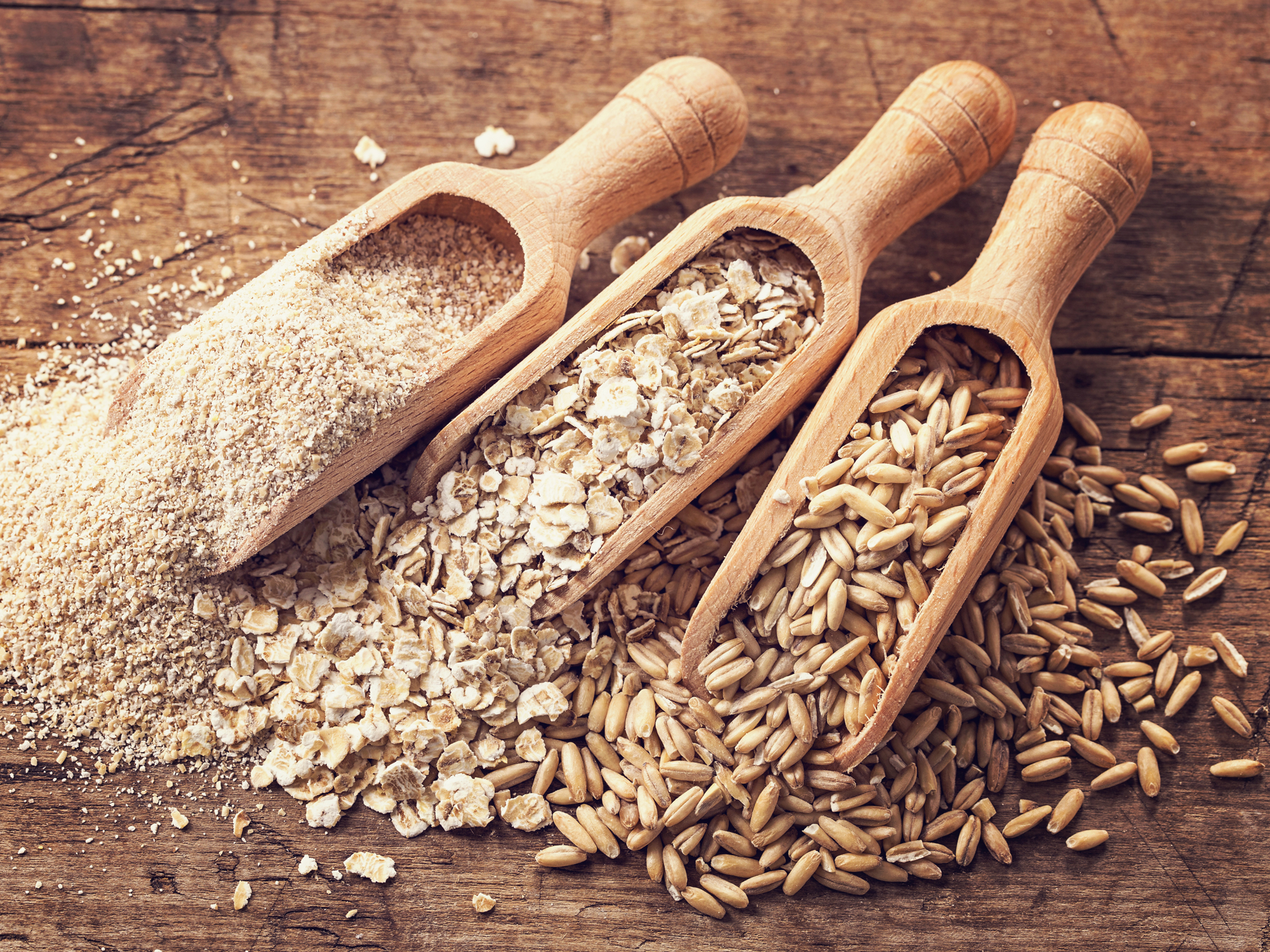Get Easy Health Digest™ in your inbox and don’t miss a thing when you subscribe today. Plus, get the free bonus report, Mother Nature’s Tips, Tricks and Remedies for Cholesterol, Blood Pressure & Blood Sugar as my way of saying welcome to the community!
Whole grains for whole body wellness

Confused about whether or not grains are good for you? I don’t blame you. There’s a lot of conflicting information on the subject…
On one hand, there are people (mostly of the paleo persuasion) who say that grains harm your health. And they have science and personal testimonials to back that up…
Easy Health Options® contributor Margaret Cantwell, for example, says that giving up grains helped her lose weight, improve her arthritis, heal her gut and lower her blood pressure.
And David Perlmutter, M.D, author of “Grain Brain,” has compiled years of research showing that eating grains leads to memory loss, brain fog and brain disease.
Then again, other health experts say grains can be a part of a healthy diet. And there are plenty of studies to back up this claim too…
One study from researchers at Harvard T.H. Chan School of Public Health, for example, found that people who eat large amounts of whole grains (70 grams per day) have a lower risk of dying than people who eat little to no grains.
But despite these differing opinions, there is one fact about grains that’s undeniable… there’s a huge difference between eating whole grains and eating refined grains.
Refined grains (anything made with white flour) make your blood sugar surge, lead to chronic disease and may even send you to an early grave. Whole grains, on the other hand, seem to have some worthwhile health benefits….
The whole story behind whole grains
The latest research from Tufts University suggests that replacing refined grains with whole grains could improve your health in four big ways…
It could boost your metabolism, improve your bowel movements, enhance your gut health and strengthen your immune system.
In their two eight-week studies, Tufts researchers found that study participants who replaced refined grains with whole grains increased their metabolic rate, had a surge in healthy gut bacteria, saw a modest boost in their T-cells and had more frequent and efficient bowel movements.
All this may explain why whole grains have been found in previous studies to reduce the risk of heart disease, type 2 diabetes and certain cancers. And it also explains why switching from refined grains to whole grains should be your top priority if you want to improve your health without giving up grains altogether.
Go whole or go home
In the end, no one can make the decision for you about whether to eat grains. But if you do decide to eat grains, go whole. Some healthy whole grains you can add to your diet include:
- Brown rice
- Bulgur
- Whole wheat
- Whole-grain barley
- Whole rye
- Whole-grain couscous
- Quinoa
- Freekeh
- Buckwheat
- Millet
- Spelt
- Corn
- Teff
- Farro
If you want more insight into why whole grains could heal you, while refined grains could kill you, check out Dr. Mark Wiley’s post on the subject.
Editor’s note: There are perfectly safe and natural ways to decrease your risk of blood clots including the 25-cent vitamin, the nutrient that acts as a natural blood thinner and the powerful herb that helps clear plaque. To discover these and other secrets of long-lived hearts, click here for Hushed Up Natural Heart Cures and Common Misconceptions of Popular Heart Treatments!
Sources:
-
“New study finds that eating whole grains increases metabolism and calorie loss.” MedicalXpress. https://medicalxpress.com. Retrieved February 10, 2017.
-
B. Roberts, et al. “Substituting whole grains for refined grains in 6-week randomized trial favorably affects energy balance parameters in healthy men and post-menopausal women.” American Journal of Clinical Nutrition, 2017.
-
“Eating whole grains led to modest improvements in gut microbiota and immune response.” MedicalXpress. https://medicalxpress.com. Retrieved February 10, 2017.
-
M. Vanegas, et al. “Substituting whole grains for refined grains in a 6-week randomized trial has a modest effect on gut microbiota, and immune and inflammatory markers of healthy adults.” The American Journal of Clinical Nutrition, 2017.













